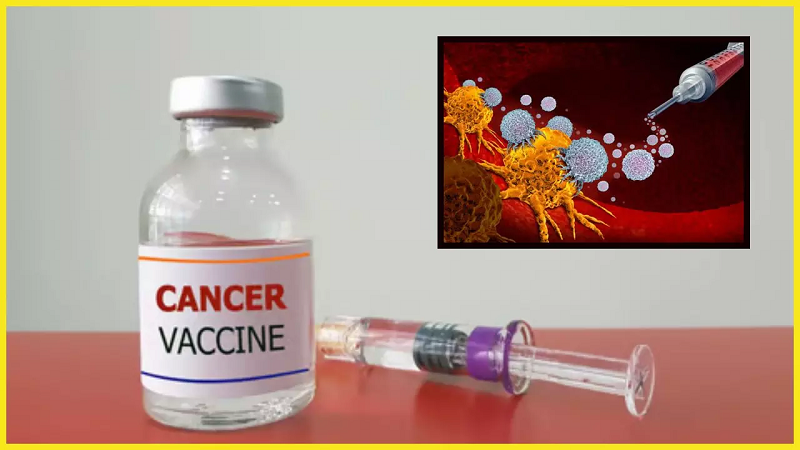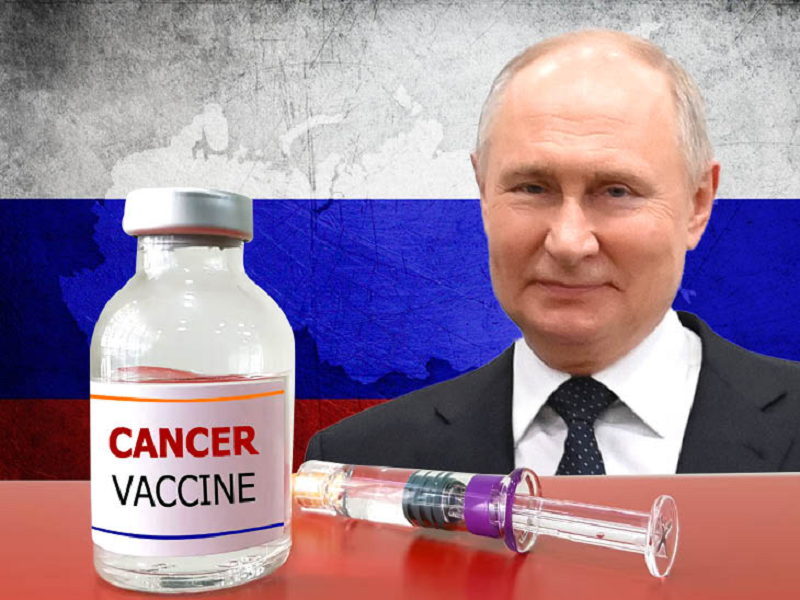By Jitendra Jangid- Friends, as we all know that cancer has emerged as a global disease, due to which many people in the world lose their lives every year. But to beat cancer, Russia has made a vaccine, recently Russia has announced the creation of an mRNA vaccine that could potentially revolutionize cancer treatment. This vaccine, which is still under clinical trials, is a significant breakthrough in the fight against cancer, a disease that has long had no sure cure. This vaccine will be available free of cost to Russian citizens from next year. Let's know how it works and how many times will it have to be administered-

The science behind mRNA cancer vaccine
The concept of using mRNA technology to treat cancer is not entirely new, mRNA, or messenger RNA, is an important molecule in our cells that carries genetic information that is used to make proteins needed for various bodily functions. When the body is attacked by a virus or bacteria, mRNA instructs cells to make proteins that help fight the infection.

Unlike traditional vaccines, which introduce weakened or inactivated pathogens to activate an immune response, mRNA vaccines teach the body's cells to produce proteins, enabling the immune system to recognize cancer cells as a threat and eliminate them more efficiently.
Russia's mRNA cancer vaccine:

The mRNA cancer vaccine represents the "greatest discovery of this century." Clinical trials have demonstrated that this vaccine not only helps prevent tumor growth, but can also actively destroy cancer cells.
While clinical trials are still ongoing, early results suggest that this mRNA vaccine could provide a more personalized and targeted approach to cancer treatment than traditional treatments, such as chemotherapy or radiation.
How will the vaccine work in cancer treatment?
The vaccine may work by stimulating the immune system to attack specific cancer cells, just as a vaccine protects against viral infection. However, cancer is a complex disease, and different types of cancer may require different types of mRNA vaccines.










